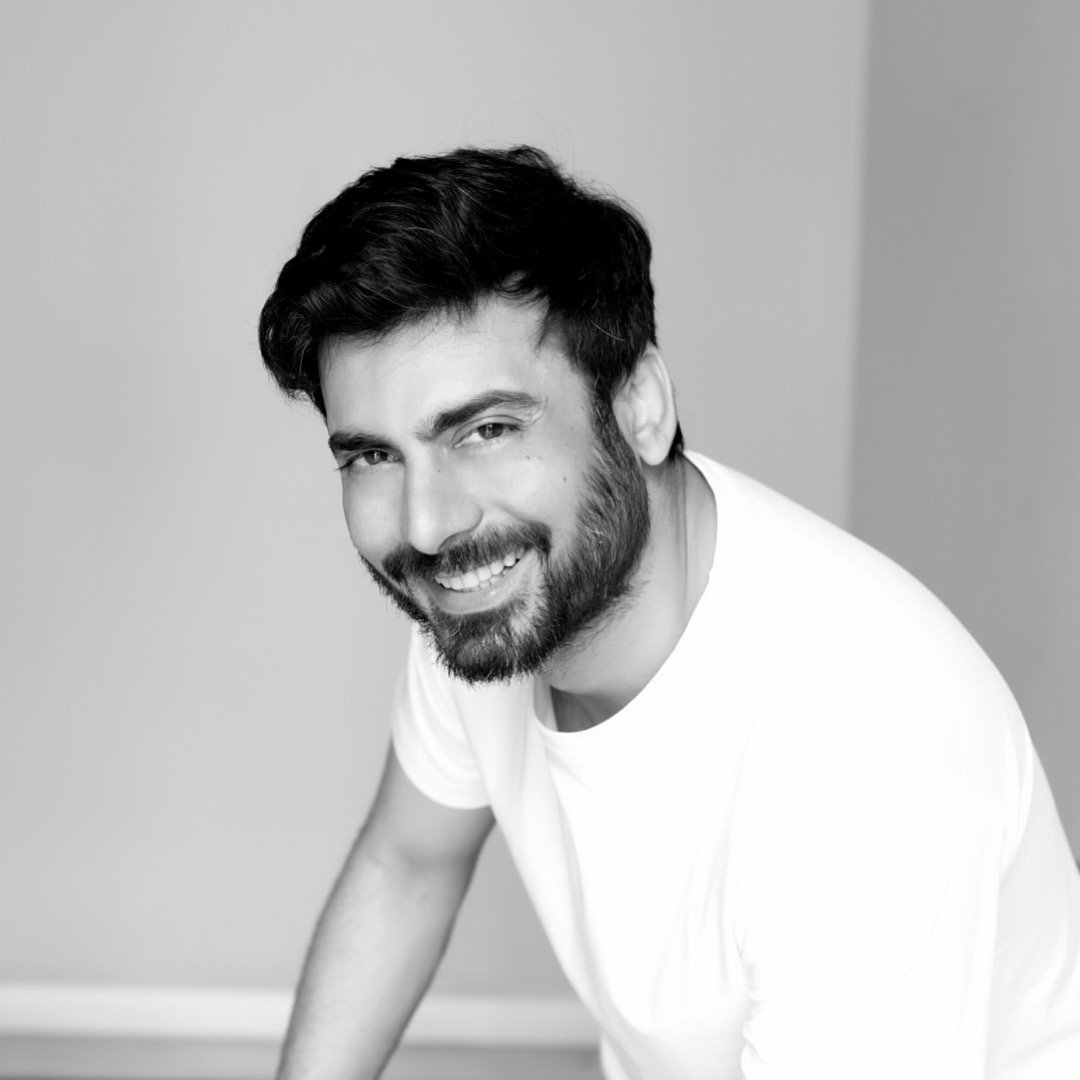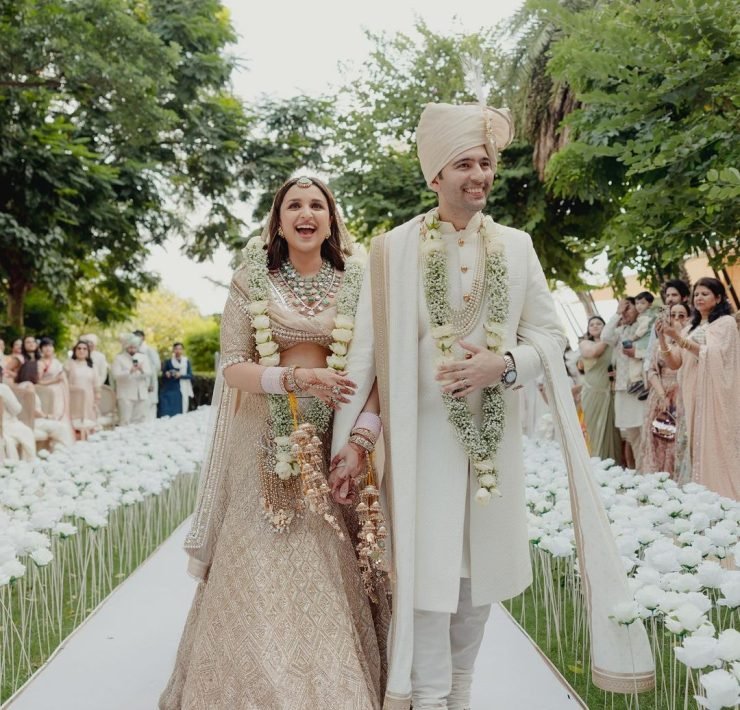
Is Fawad Khan the Problem — or Just the Easiest Target?
In the complex web of South Asian geopolitics, where diplomacy often falters and borders throb with historical tension, art has long tried to function as a bridge — delicate, vulnerable, and persistently hopeful. Yet once again, in the wake of recent events, we are reminded that in the case of India and Pakistan, art rarely escapes the weight of politics. And as expected, the crossfire has not spared our most celebrated artists — with Fawad Khan, an emblem of Pakistani cultural excellence, once again at the epicenter of this fraught discourse.
India, true to a now-familiar pattern, has weaponised art as a political tool, selectively embracing and rejecting Pakistani artists based on the tides of its internal narrative. Projects that featured Pakistani talent — Fawad Khan most notably — have been shelved, banned, or shadow-blocked. Instagram censorship, abrupt removals, and widespread digital silencing of Pakistani creatives followed. This is not new — and yet, it continues to sting, not because it is unexpected, but because it remains unjustified.
In Pakistan, the reaction was no less emotional — but layered with a deeper internal conflict. Many questioned why, after the humiliation and exclusion faced during the last wave of bans, actors would still choose to return to Bollywood. The sentiment wasn’t rooted in blind nationalism but in collective memory — a protective impulse born from love and disappointment. When artists are celebrated at home like family, their perceived transgressions abroad feel personal.
There is a valid argument here: if you have walked a road before and found only harm at the end, why choose it again?
And yet, it is also crucial to humanise the figure behind the fame. Fawad Khan is not merely a symbol of national pride or a vessel for cross-border soft power; he is a professional — an actor by training and trade. Much like any doctor, engineer, or pilot, he is entitled to pursue opportunities that align with his career, even if they exist across contested lines. The only difference is that his profession unfolds in the public eye, and thus, every choice is amplified, scrutinised, politicised.
What is often overlooked is the grace with which Fawad Khan has handled this dichotomy. He has represented Pakistan with quiet dignity — never provocative, never incendiary. From Marvel’s Ms. Marvel to the poetic weight of Dastaan, from Zindagi Gulzar Hai to The Legend of Maula Jatt, Fawad has been a cultural ambassador not by declaration, but by presence. His performances have consistently reminded the world that Pakistani artistry is nuanced, powerful, and deeply rooted in narrative tradition.
To vilify such a figure — for choosing professionalism over protest — may be misdirected. Yes, sentiments of the public are valid, especially in light of the horrific violence inflicted upon innocent civilians in our homeland — violence that renders any form of cultural engagement with India morally complex. Under the current Modi regime, the expectation of cultural civility feels idealistic at best. When war rhetoric dominates and blood has been spilled, asking for tolerance may seem like a betrayal of grief.
But here lies the real challenge: can we separate the state from the stage? Can we allow art to breathe where politics suffocates? Should we?
The answer may lie somewhere in balance. Yes, artists must respect the emotional temperature of their people. Public figures, no matter how apolitical they claim to be, must remain tethered to the collective pulse. But equally, audiences must learn to hold complexity — to criticise systems, not individuals; to hold artists accountable, not hostage.
The real tragedy would be if we began to mirror our oppressors — silencing our own, tearing down our cultural champions, and shrinking our global ambitions out of fear or anger. If India bans us for being too powerful, let that be a mark of how far we’ve come — not a reason to fold. Pakistani cinema, music, and storytelling have never been stronger. Our creative landscape is no longer in need of external validation. In fact, we are fast becoming exporters of art, not importers of approval.
Let us build an entertainment industry that doesn’t just compete — but leads. Let us celebrate artists who carry our stories abroad with integrity and strength. Let us be proud that our art is seen as a force, even if feared.
In conclusion, we must stop viewing our artists as traitors when they seek to expand their reach. Instead, hold space for conversation, for nuance, for mutual respect. And above all — let us not turn our backs on the very people who have, time and again, held up the mirror to our soul.






